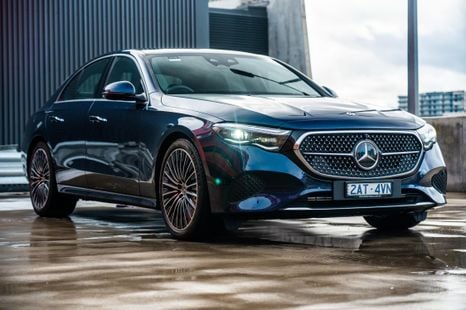

Josh Nevett
2026 Mercedes-Benz E-Class review
4 Hours Ago
Lancia has revealed its Pu+Ra Zero static concept that previews the design of the brand's three upcoming electric vehicles.

Contributor
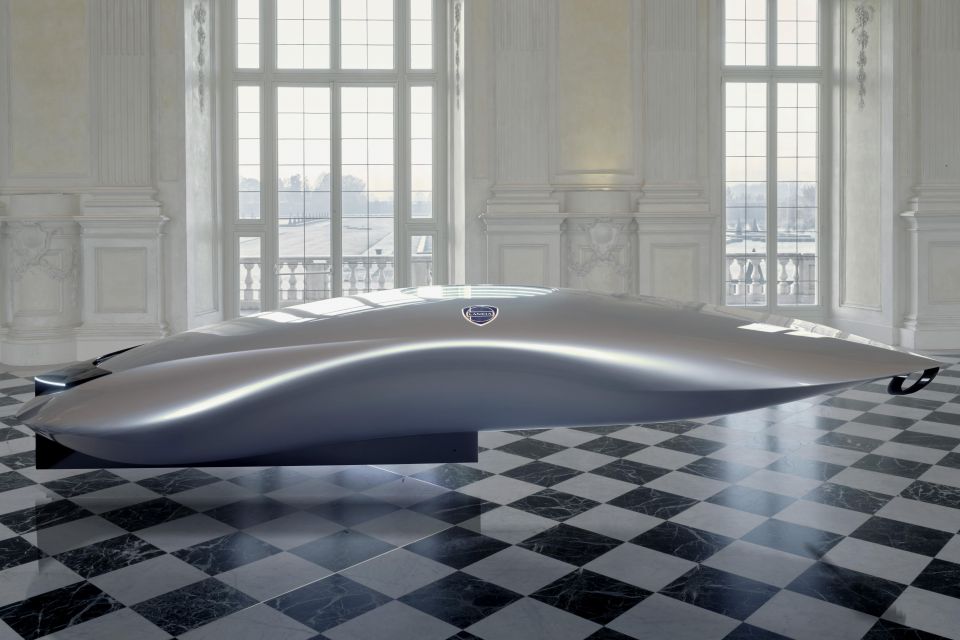

Contributor
Lancia has announced it will launch three new electric vehicle (EV) models starting from 2024, before going all-electric by 2028, as part of its 10-year strategic plan.
Although the Stellantis subsidiary hasn’t revealed what any of these three upcoming EVs will look like just yet, it has revealed the spaceship-looking Pu+Ra Zero “three-dimensional manifesto” concept that previews the design of its cars.
The first of these cars is confirmed to be a new version of the Ypsilon city car, which will launch in 2024, with round tail lights inspired by the Stratos and a sustainable interior with at least 50 per cent of the touch points being “ecological”.
It’s expected this new Lancia Ypsilon will be based on Stellantis’ STLA small EV platform, which underpins the Peugeot e-208 and Opel Corsa-e.
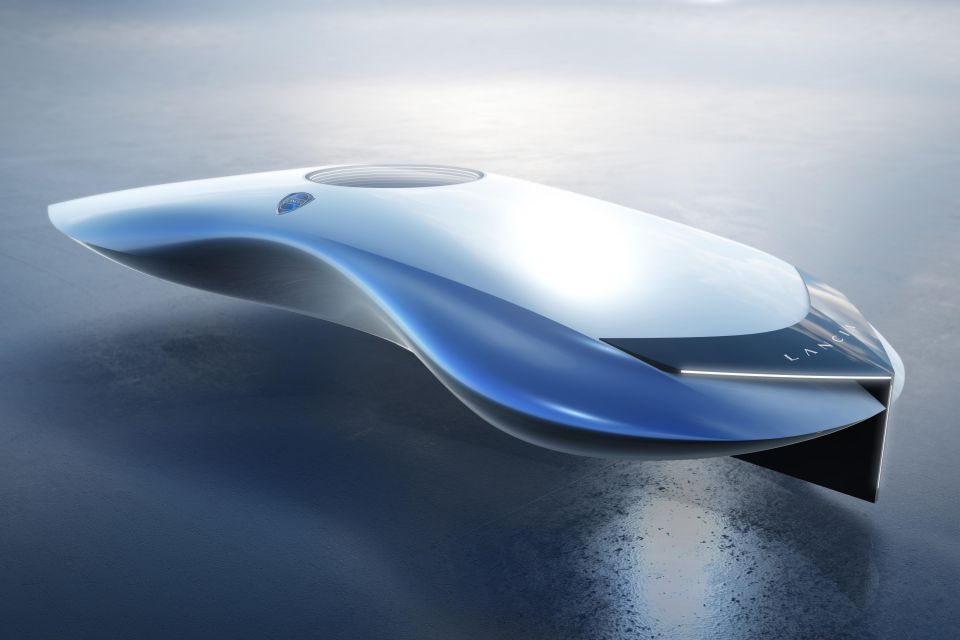
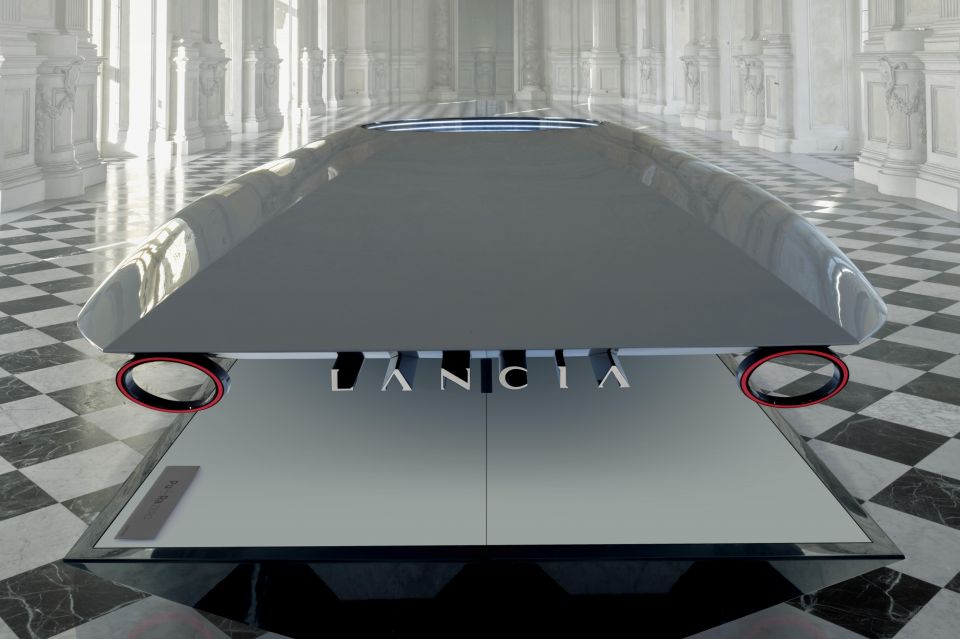
The second EV is an unnamed flagship, which has previously been reported to launch in 2026 and be “on the end of the crossover segment”, according to Lancia CEO Luca Napolitano in April this year.
The third EV is confirmed to a new Delta, which has been previously reported to launch in 2028 and will be “muscular, geometric and tough”. It’s unclear if a sporty HF variant will be part of the range.
All three of these new Lancia EVs will share the brand’s new logo that marks the brands shift to all-electric models.
They will also all have a new version of the Lancia lettering, as well as a “reinterpretation” of Lancia’s chalice grille.
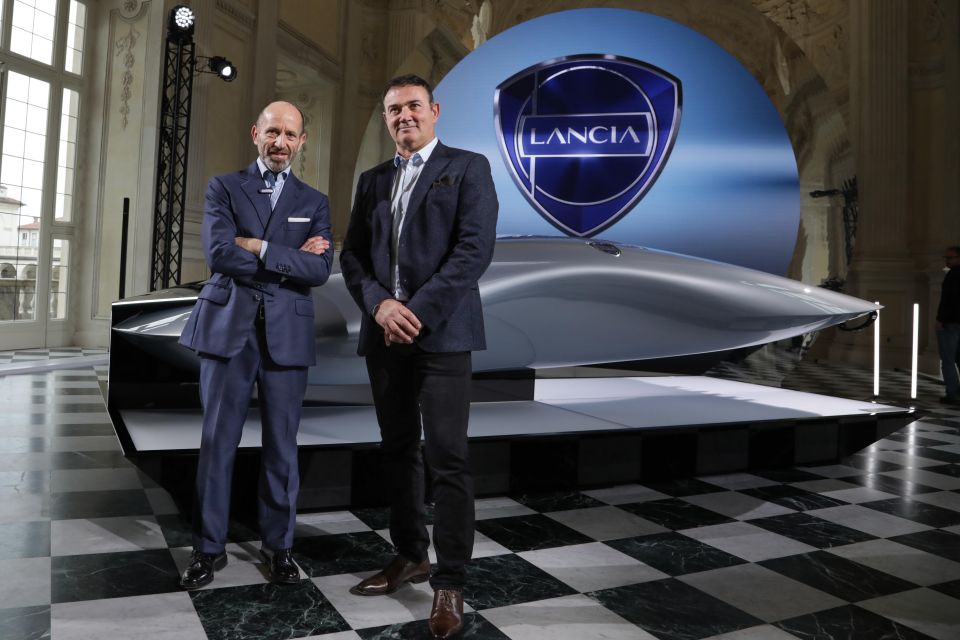
As previously reported, Lancia is now one of Stellantis’ ‘Premium’ tier brands alongside Alfa Romeo and DS, and will sell its vehicles in Europe using an agency sales model from 2024.
This means Lancia is expanding beyond Italy, which is currently the only market it sells cars in.
It withdrew from the rest of Europe in 2017 and after an influx of new products – many of which were rebadged Chryslers in a failed attempt to “twin” the two brands – struggled in the marketplace.
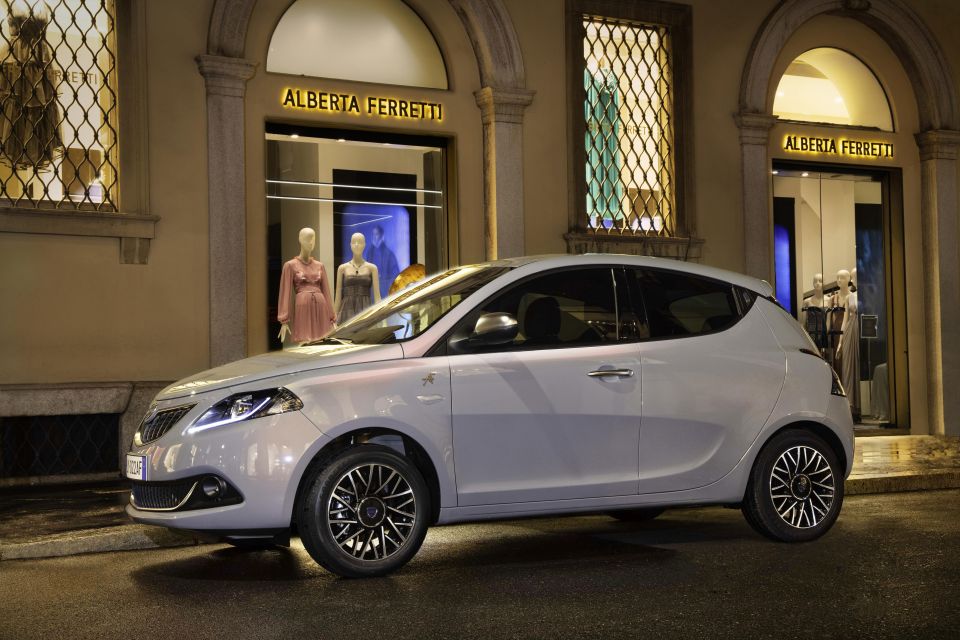
It plans to open 100 dealerships in 60 European cities, but plans to sell 50 per cent of its cars online.
Napolitano said late last year Lancia’s 10-year plan at present doesn’t involve expanding beyond Europe or returning to motorsport as Lancia attempts to restore its credibility.
“However, in the coming year, if things go well, why not trying to bring (Lancia models with) right-hand drive also in Japan, South Africa or Australia?” he told Reuters in December 2021.
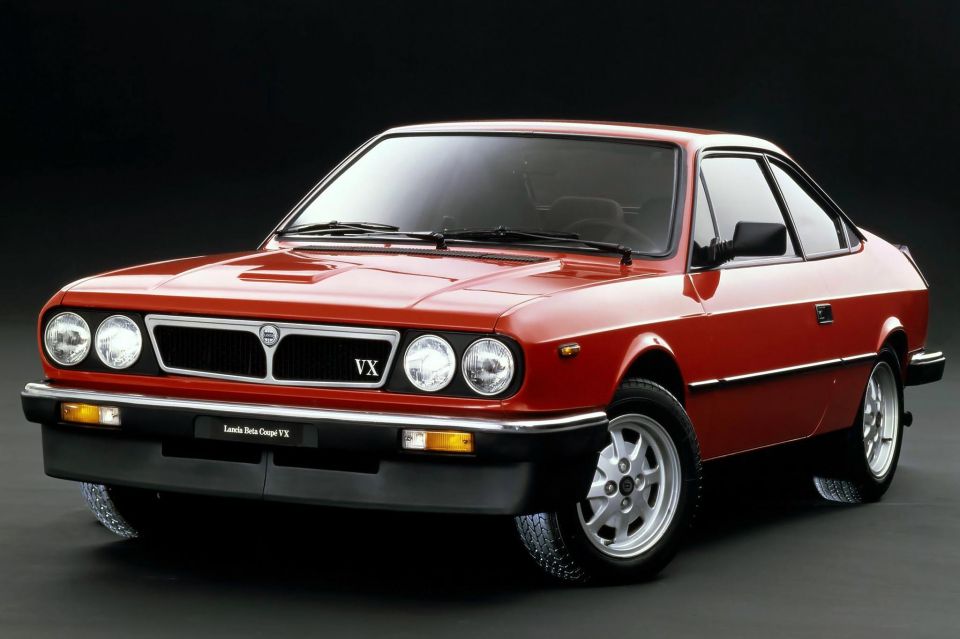
Lancia was last seen in Australia in the mid-1980s with the Beta family.
There were mooted plans to bring the first-generation Delta here, along with larger fare like Thema, but these never eventuated. That’s despite said models being made available across the pond in New Zealand.
Lancia is far from the only Stellantis brand that’s currently in the process of going all-electric. DS is set become an EV-only brand from 2024, Abarth by 2024, Alfa Romeo from 2027, Fiat by 2030, Maserati by 2030, and outside of China Opel/Vauxhall will only sell EVs by 2028.
MORE: Lancia’s new electric models will draw from brand’s past MORE: Lancia ‘humble and determined’, expanding beyond Italy in 2024 MORE: Lancia could return to right-hand drive MORE: A brief history of Lancia, the brand given a future
Jack Quick is an automotive journalist based in Melbourne. Jack studied journalism and photography at Deakin University in Burwood, and previously represented the university in dance nationally. In his spare time, he loves to pump Charli XCX and play a bit of Grand Theft Auto. He’s also the proud owner of a blue, manual 2020 Suzuki Jimny.


Josh Nevett
4 Hours Ago
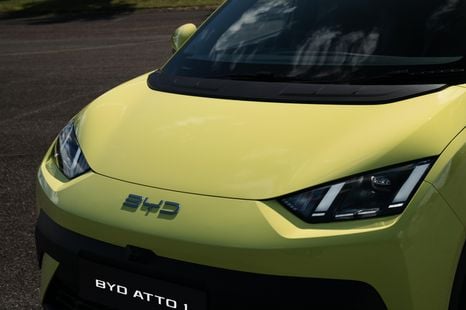

William Stopford
20 Hours Ago
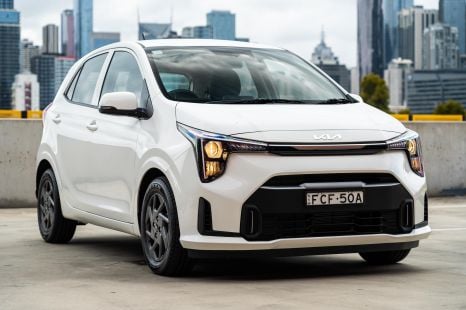

Josh Nevett
20 Hours Ago
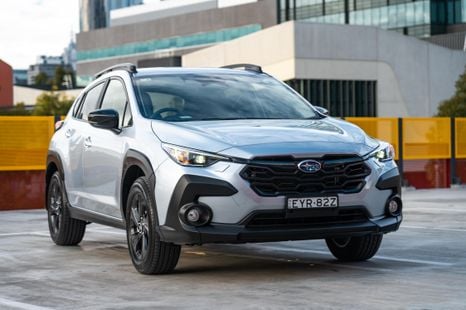

Max Davies
20 Hours Ago
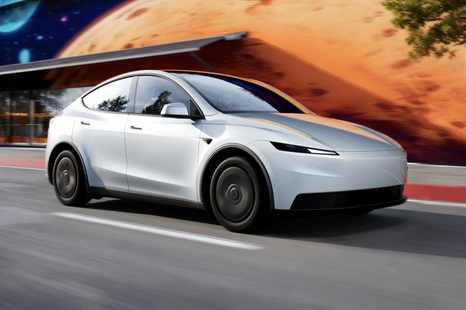

Shane O'Donoghue
1 Day Ago
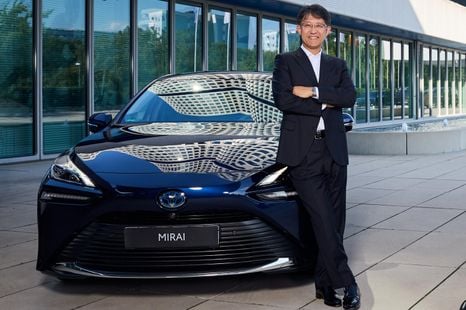

Derek Fung
1 Day Ago